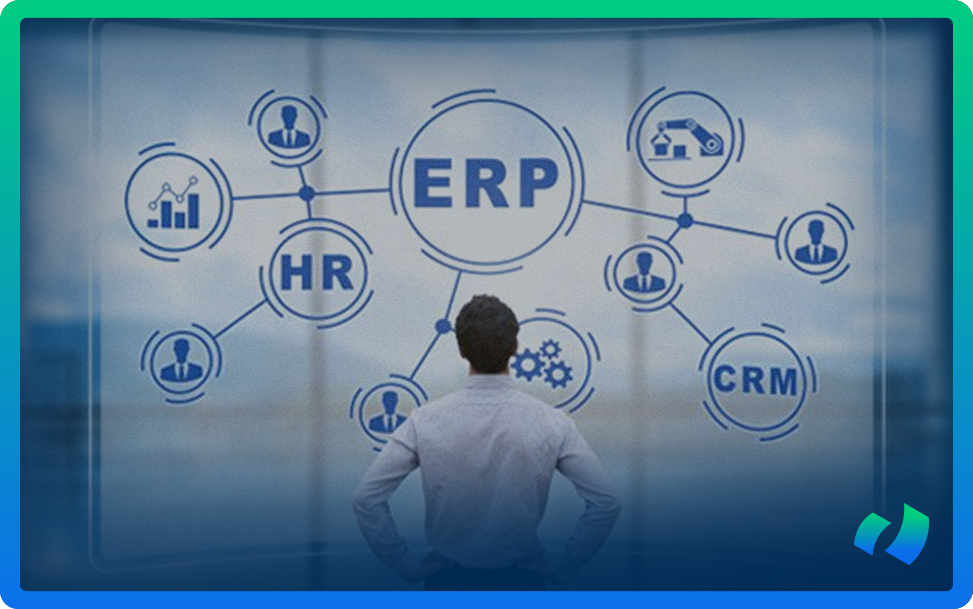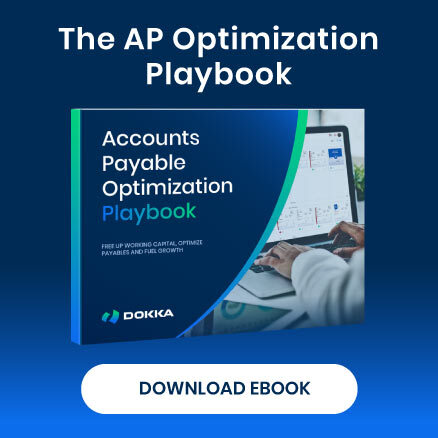There’s a lot of buzz around ERP and CRM systems, but what do they actually do? And more importantly, which one is right for your business?
They both have to do with managing your finances, right? Wrong! In reality, these two systems are very different – and understanding the difference is critical if you want to make the most of your business’s financial resources. So what’s the difference between ERP and CRM? Let’s take a closer look.
ERP systems are designed to help manage large scale operations. They can handle everything from inventory and sales to accounting and human resources. CRM systems, on the other hand, are focused on customer relations and help businesses track customer data, interactions, and history.
We will discuss the key differences between ERP and CRM systems, as well as their benefits and drawbacks. So stay tuned – because, by the end of this post, you’ll know which system is right for your business!
ERP vs CRM
If you’re like most finance professionals, you probably have a vague understanding of what ERP and CRM systems are – but might not be sure what the difference is between them. In short, ERP systems are designed for back-office automation and managing financials, while CRM systems are focused on customer relationship management. But there’s more to it than that.
Some of the best ERP’s on the market include SAP, Oracle NetSuite, and Dynamics ERP. These systems can help businesses automate their financial, inventory, and manufacturing processes, thus improving efficiency and productivity.
Salesforce, Sugar CRM, and Zoho CRM are the best CRM systems on the market. They help businesses track and manage customer interactions and relationships, as well as increase sales productivity.
What are the key differences between ERP and CRM systems?
1. Focus – ERP systems focus on internal processes, while CRM systems focus on customer interactions
2. Capabilities – ERP systems typically have more robust financial and inventory management capabilities than CRM systems
3. Implementation – ERP systems often require a larger upfront investment and longer implementation process than CRM systems
4. Insight – ERP systems can provide a more comprehensive view of the business, while CRM systems offer better insight into customer behavior and buying patterns
5. Usage – ERP systems can integrate with multiple departments and functions within a company, while CRM systems typically only integrate with sales teams
Who is it for?
CRM systems can be used by companies of any size – from small businesses to large corporations, while ERP systems are often used by larger organizations that have multiple departments and need to track and manage complex processes.
What are their functionalities?
ERP systems typically offer a wide range of functionality and integration, including financial and accounting management, supply chain management, inventory management, and human resources.
CRM systems usually have more limited functionality, with a focus on sales and marketing automation, customer service management, and data analysis. CRM systems typically have limited integration capabilities, but can often integrate with email marketing and social media management tools.
How much do these systems cost?
ERP systems tend to be more expensive than CRM systems, due to their wider range of functionality and potential for customization. CRM systems are often affordable for small businesses and can be scaled up as a company grows.
An average ERP system costs $15,000 to $200,000, depending on the features and functionalities that are required. However, many ERP systems offer a range of modular options, which allows businesses to only purchase the features they need. This can help keep the costs down.
CRM systems typically cost between $5,000 and $25,000. But there are a variety of options available, so businesses can find a CRM system that fits their budget.
What are the benefits of ERP and CRM solutions?
ERP systems provide a variety of benefits, including improved efficiency and productivity. ERP systems can help businesses run more efficiently by providing real-time data and automating tasks.
CRM systems can help businesses understand their customers better, which can lead to increased sales and improved customer satisfaction.
What are the drawbacks?
ERP systems can be costly and time-consuming to implement and maintain.
CRM systems may also require a significant investment, and there is a potential for user adoption issues if the system isn’t properly implemented or integrated with other business processes.
How different are the implementation processes?
Since ERP systems are better suited for larger organizations, they typically have a lengthy and complex implementation process, as they mostly handle a wide range of business functions.
CRM systems implementation process is usually much simpler and can often be completed in a fraction of the time.
ERP vs CRM: Frequently Asked Questions
Is Salesforce an ERP or a CRM?
Salesforce may offer enterprise solutions that can improve your ERP software, but it does not include any ERP functionality itself. Salesforce is best known as a CRM, and CRM 360 is its best selling product.
Is SAP an ERP or a CRM?
SAP offers both ERP and CRM solutions, but it is primarily known for its ERP software. SAP’s ERP solution, SAP S/4HANA, is one of the most popular ERP systems on the market. SAP also offers a leading CRM solution called SAP C/4HANA.
Is an ERP system a part of a CRM?
ERP and CRM are separate systems, but they can often be integrated to provide a more comprehensive solution for businesses. ERP handles the back-end processes of a business, while CRM focuses on customer relationships. While ERP is not technically part of a CRM system, integrating the two can offer many benefits for streamlining business operations.
Is an ERP necessary for a small business?
It depends on the specific needs and processes of the small business. ERP systems can be expensive and time-consuming to implement, so they may not be necessary for a small business with limited resources. However, ERP solutions can offer significant benefits in terms of increased efficiency and productivity, so it may be worth considering for a small business that is rapidly growing or looking to streamline its operations. Ultimately, the decision should be based on the specific needs and goals of the business. ERP may not be necessary for every small business, but it can be a valuable tool in certain situations.
Can ERP and CRM systems work in unison?
Yes, ERP and CRM systems can often be integrated to provide a more comprehensive solution for businesses. Integrating these systems can streamline processes and improve communication between departments. But it is important to carefully consider the specific needs and goals of the business before getting started with either one of them.
So which system should you choose for your business? The answer depends on your needs. If you’re looking for a comprehensive solution that can manage all aspects of your business, then ERP is the way to go. But if you’re more interested in improving customer relations and tracking customer data, then CRM is the better option.
Overall, ERP and CRM systems have different functions, and both can offer valuable benefits to a business. The key is finding the right system for your specific needs and ensuring that it is implemented and used effectively.




